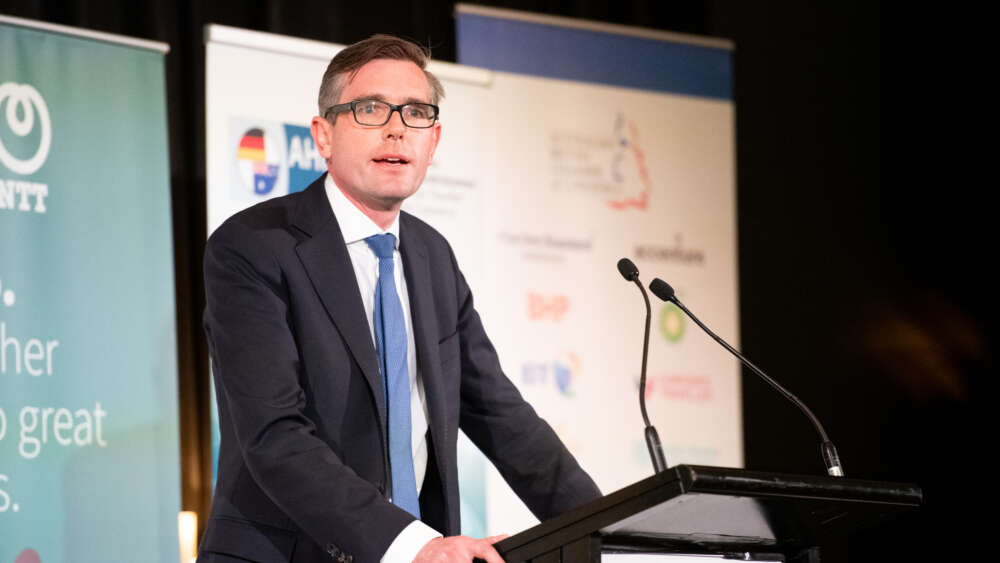Dominic Perrottet’s installation as NSW Premier has put religion in this city in the spotlight, particularly its conservative faiths. Sydney is the home of strongly conservative Christian movements – including its distinctive Anglicans, three conservative Catholic dioceses and an ever-growing Pentecostal presence, spearheaded by Hillsong Church. All of these fail to meet the common test of fundamentalism.
Sydney’s Catholics and Anglicans do not teach a “Young Earth Christianity” and neither does Hillsong, a fact that dismays those Christians who are Young Earthers and believe the universe was created about 6000 years ago. There are Young Earth Pentecostals to be found, but the mainstream has evolved.
Australian Pentecostals also do not believe that they will be raptured and other Christians “left behind”. In a fascinating development, the largest local Pentecostal denomination, the Australian Christian Churches, rewrote their “statement of faith” earlier this year, adopting the language of the traditional Apostles Creed and losing the terms like “pre-millennial” – the doctrines that go with “rapture”.
Nor do Pentecostal Christians adhere to a prosperity gospel. Australia’s fastest-growing Christian group – the hundreds of thousands of Pentecostals, surely close to overtaking Catholics when measured by church attendance – will have noticed that they are not all rich and that most of them will not become rich. Instead, they are taught that if they are blessed with material success, they should be a blessing to others. This is an updated version of the words of John Wesley, the founder of the Methodism, out of which Pentecostalism grew, who said “earn all you can, save all you can, and give all you can away”.
The prosperity gospel – the idea that God wants you to be rich – is more likely to be found on televangelist videos than in our local Pentecostal churches.
One distinctive trait of modern Australian Pentecostalism is pragmatism. They will try new practices and thinking that come from the birthplace of their movement, the United States, but quickly discard what does not work. The prosperity gospel – the idea that God wants you to be rich – is more likely to be found on televangelist videos than in our local Pentecostal churches.
Sydney has created Christian movements that have been exported around the world, notably the Sydney Anglicans’ “biblical theology” and the modern Pentecostalism of Hillsong and C3. Arguably in Sydney, these churches shape a conservative mainstream of Christianity. But it is also true that Sydney remains indifferent.
Anyone alarmed at a conservative Christian takeover of power in NSW should look back at NSW’s decriminalisation of abortion. The conservative Christian parliamentarians were soundly defeated. They argued their case strongly but never looked like winning. Christians are just another minority in this state, perhaps contributing a few more MPs than you might expect. But then Pentecostals seem to do very well on TV talent shows, but they have not taken over the entertainment industry.
Email This Story
Why not send this to a friend?



